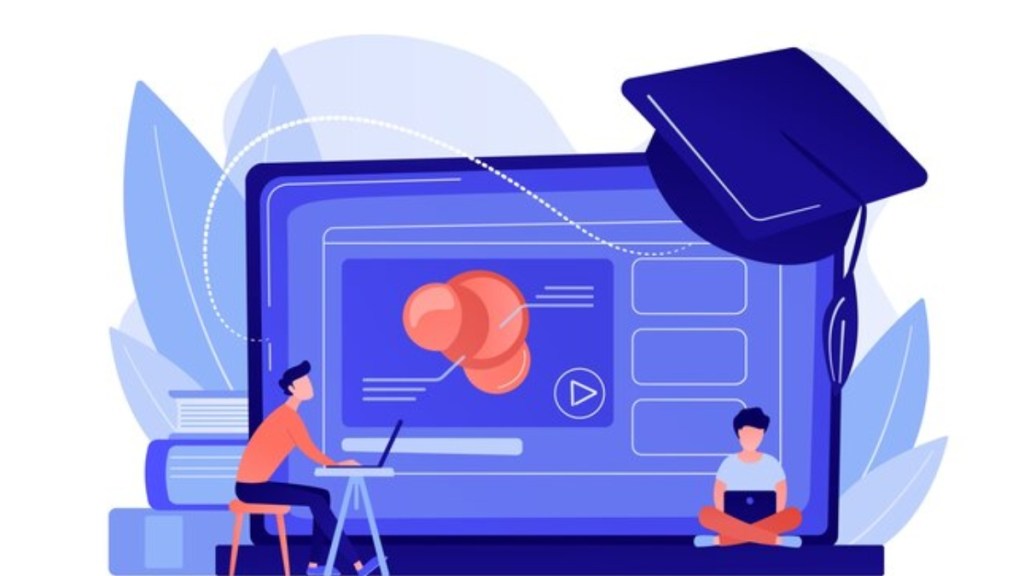By Lina Ashar
Education is a powerful tool for personal growth and social progress. I personally feel education should be immersive, engaging, and inclusive, and the latest developments in educational technology to create learning environments that are both stimulating and effective. The world is undergoing a rapid transformation, and this exponential change demands that education adapts to empower future generations with new skills and personalised learning. Over the last few years, more and more people have realized how important it is to tailor education to their individual needs.
It is imperative to recognise the need to prepare learners for the future by emphasising self-discovery, self-regulation, self-mastery, and tailoring solutions to each individual’s unique interests and abilities.
In an era marked by rapid advancements in AI, robotics, 3D printing, AR/VR, and biotech, it’s crucial to question: Are our schools truly equipping our children for this future? India is on the urge to transform the education ecosystem by adopting personalised learning concepts. Focusing on and developing a dynamic environment for learners is also imperative to encourage schools and futuristic institutions to boost a new horizon. We need to move with the times and create a learning ecosystem that creates future professionals and citizens who can compete and flourish anywhere in the world.
Boosting and encouraging personalised learning at a large scale, the government of India also promotes a comprehensive policy, The National Education Policy (NEP) 2020, which emphasises the importance of personalised learning as a key component of its vision for the future of education. How NEP 2020 drives personalised learning:
Flexible Curriculum: It advocates for a flexible curriculum that allows students to choose subjects and courses based on their interests and aptitudes. It also encourages a multidisciplinary approach, enabling students to select subjects from different streams, thus personalizing their education.
Technology Integration: The policy acknowledges the role of technology in enabling personalised learning experiences. It also encourages using online resources, adaptive learning platforms, and other technological tools to cater to individual learning needs.
Teacher Training: Emphasizing the need for teacher training and professional development programmes equipping educators with the skills required to implement personalised learning strategies effectively.
Other than these, the policy also supports multilingualism and assessment format.
Curriculum becoming self-explanatory in building personalised learning
It is imperative to create a curriculum which fosters students’ learning capabilities. Learners become more motivated to learn and explore when they engage with subjects that resonate with their passions.
This also empowers students to choose electives or project topics that reflect their career aspirations or hobbies. This approach not only enhances learning but also prepares them for real-world challenges.
For example, if we talk about customised and personalised curriculum models tailored for future schools, they should adapt and infuse technological advancements. Also, I bestow three Pillars must for Futuristic Education viz. Brain & Behavioral Science, Entrepreneurial & Growth Mindset, Social-Emotional Intelligence.
Depending on the needs and objectives of each school and district, personalised learning can be delivered in a variety of ways. Here are some of the most common components of a personalised learning strategy:
Student-centred instruction involves teachers working closely with students to determine their educational objectives, interests, and requirements.
Students are given the opportunity to progress at their own speed, whether by accelerating the passage of material or devoting more time to working through difficult concepts.
Technology can be a powerful tool for personalised learning, as it can provide students with the necessary resources and tools to fulfill their educational requirements.
Thus, as the field of education continues to develop, personalised learning has emerged as a viable option for curriculum development and instruction. Tailoring the curriculum aligned with students’ learning capabilities creates academic achievement and personal development among students worthwhile.
The author is founder of PoweredBy Dreamtime Learning. Views are personal.
